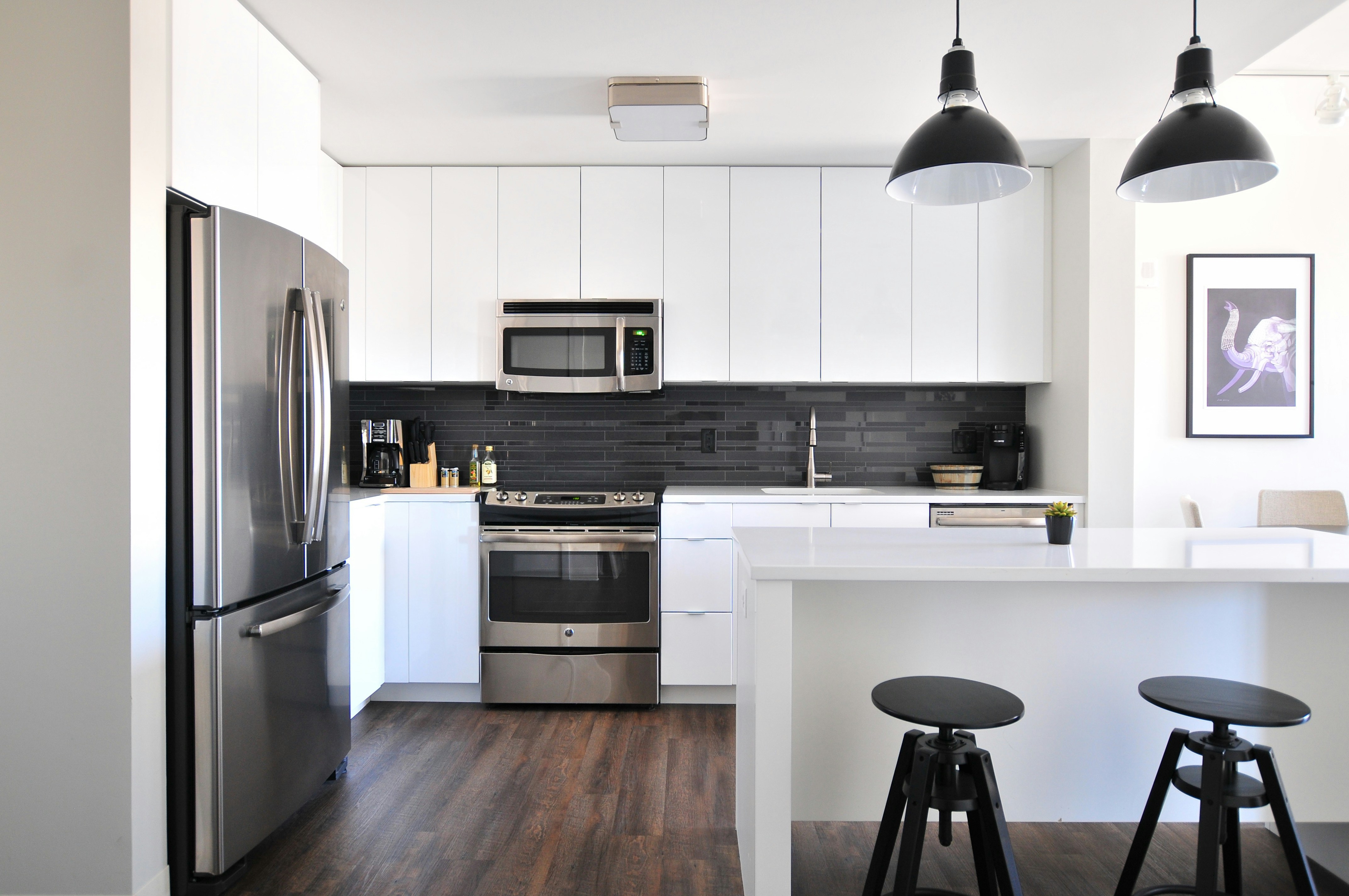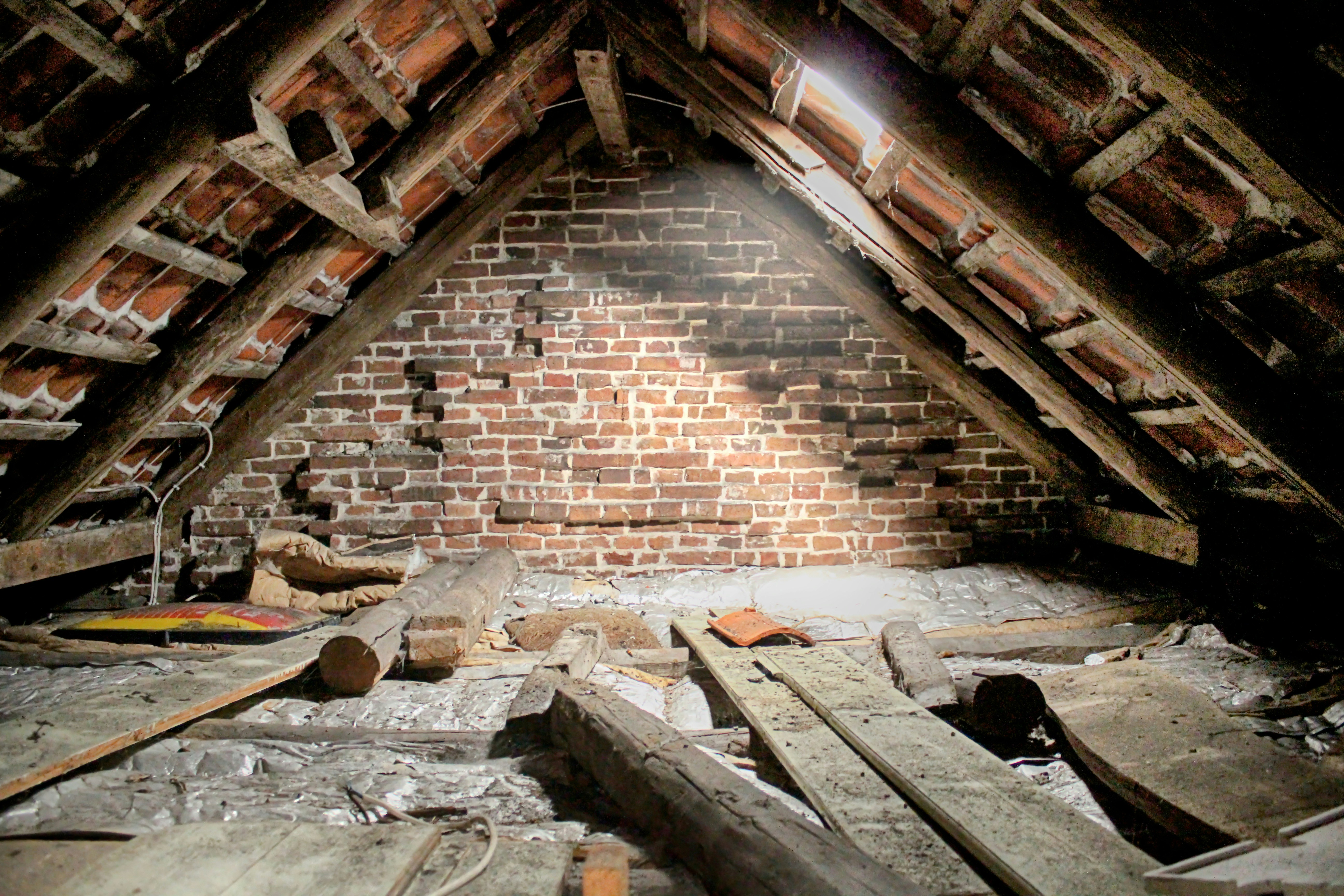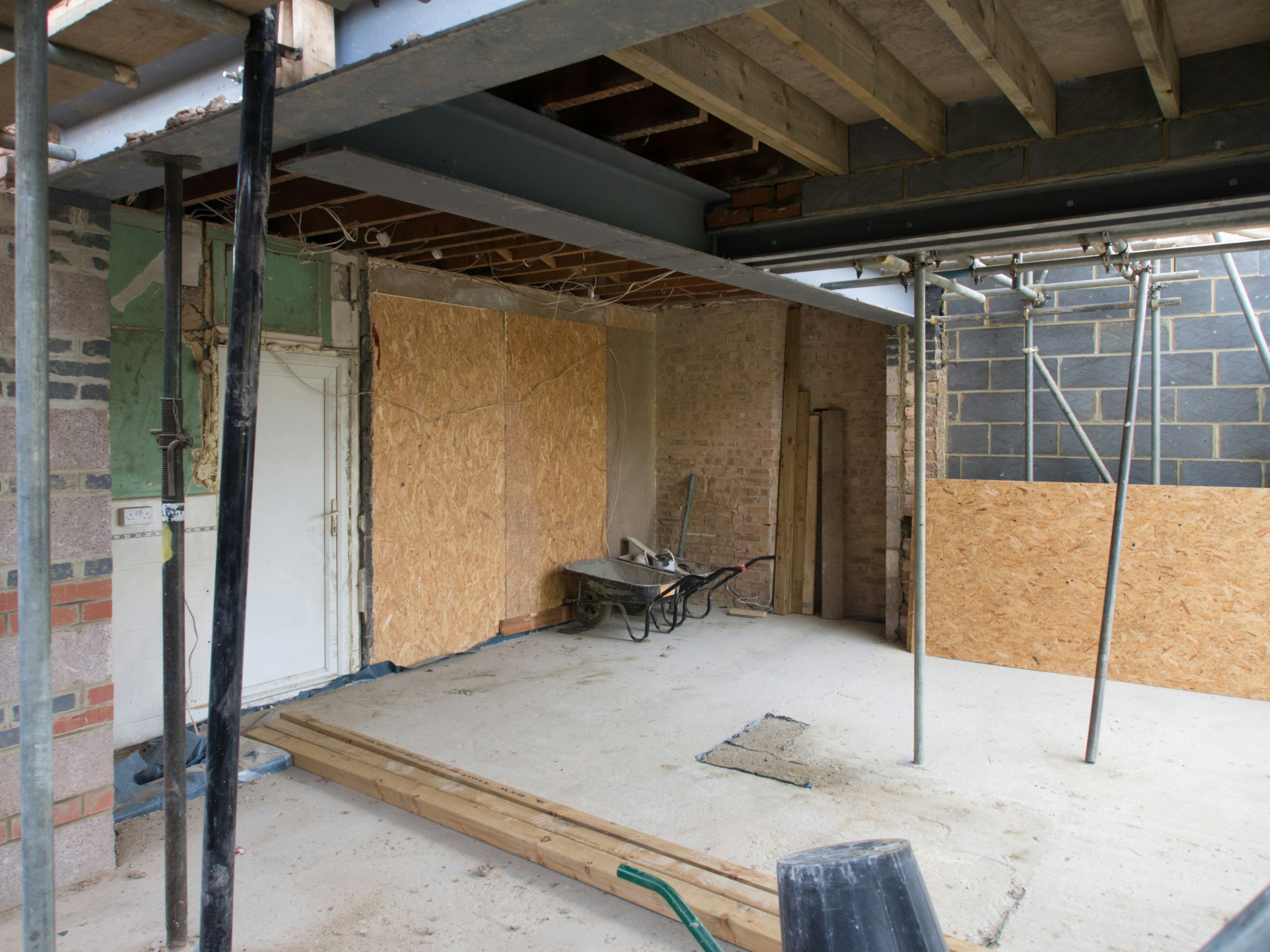Buying a home is truly exciting but, even so, various challenges that come with being a homeowner are overwhelming to handle. For example, the inspection process for home buying is extensive and multi-faceted. For these reasons, you’re stuck not only navigating your finances throughout the house search but also left sifting through lists upon lists of things inspect before you commit to the purchase of the home. Keep in mind that though this process has its obstacles, there are ways to prioritize your inspection process. Here are five important things to inspect and consider before buying your new home.
1. Look at the outdoor spaces.

One cost that adds up in the purchase of a new home is the yard. If the yard of the home you’re interested in is badly maintained it’s an expensive and time-consuming feat to chip away at. You want to make sure the front and backyard of the house is nicely taken care of so that you don’t have to spend most of your time getting the outside looking right instead of focusing on the interior. Just a few examples of expenses that can occur with outdoor spaces include grass cutting, installation of sod, porch renovations, landscaping, and even brick paving. By choosing a home that passes this outdoors inspection you can focus on making the interior into the home your dreams.
2. Test out the appliances.

According to Avalon Gallery, there are great ways to test your appliances in the home. This way, you can see if you should follow through with repairs or simply replace entire appliance units. As a homeowner, this is a key part of the inspection, because buying new household appliances quickly add up. If the home you’re interested in comes with the appliances then you want to make sure they work before you’re stuck with a non-functioning refrigerator or stove. Plus, if you’re paying more for this special machinery coming with the place, you have to make sure it works to get your money’s worth on the sale of the home.
3. Check out all entrances and exits.

This might seem like a no-brainer, but it’s critical to make sure all of the entrances and exits to your home are well inspected. By ensuring places like windows, crawl spaces, attics, doorways, and even basement barriers are well fitted and have the right type of insulation installed, you can save yourself time and money. When your spaces of entrance and exit do not have enough insulation, you’ll end up paying a lot more on your energy bills.
Attic insulation is one item on this list of things to consider. To stop air leaks and save yourself money and improve your energy efficiency you need to make sure that your insulation is keeping any heat from escaping your home. Proper attic insulation is important in a variety of climates. In a warm climate, you need insulation to protect you from the humidity and moisture which are the perfect breeding grounds for mold and mildew. On the other hand, cold climate poses a different threat. Without the right insulation, you’ll be racking up energy bills as you struggle to keep your house warm. Before you jump the gun and make the purchase, just be sure to check the insulation levels of the home before you buy it.
4. Look for potential water damage risks.

Another costly fix within a home is water damage. This kind of damage commonly occurs in the basement from flooding and leaks. However, water damage can also occur in areas where moisture content is higher like a bathroom. If your home has water damage then you might need to replace wood in the infrastructure, floorboards, and even floor joists. By ensuring that your inspector agrees that there are no signs of water damage, you can save yourself some money on expensive work.
5. Thoroughly read the contract.

Last up on the list is to read your contract before you sign it. The contract will show you the fine details of your sale. For example, you can see if your inspector agrees to pay for repairs that may come after the inspection. You can also see if they will simply pay back the inspection fee you likely paid for their services if something goes wrong. Overall, look at the fine details of your contract and negotiate prior if applicable, because once it’s in writing you can’t go back.
All in all, you’re now ready to buy your new home. With these inspection criteria in mind, you will confidently move forward with the search. In no time, you’ll be well prepared to buy and inspect as you eagerly begin your adventure as a new homeowner.

